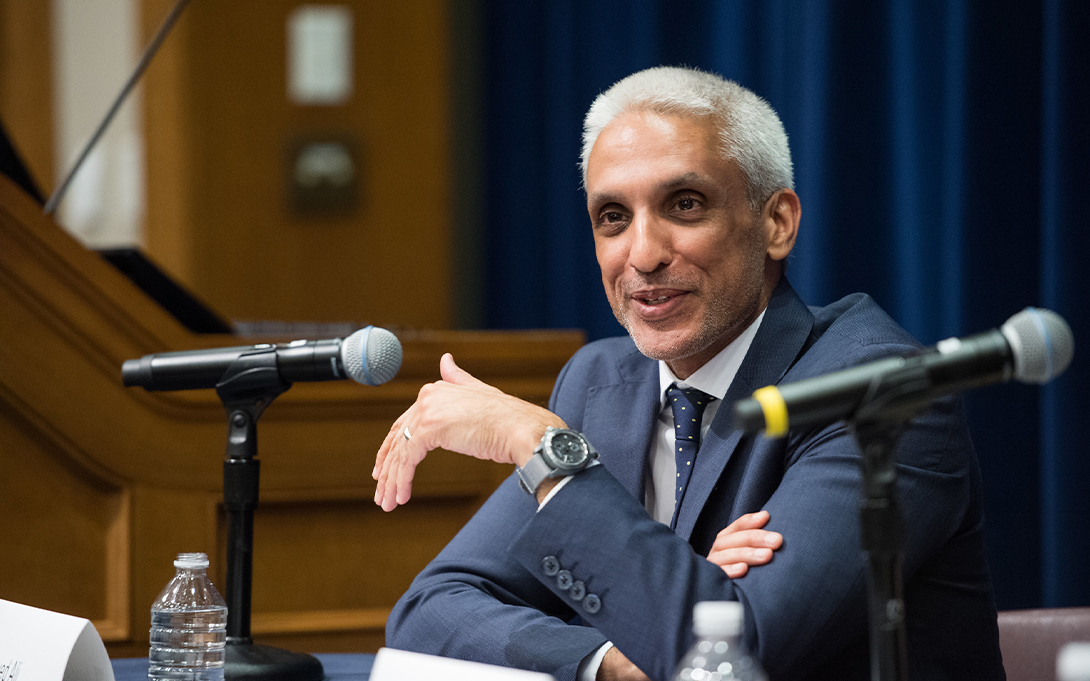
The response to the spread of COVID-19 has not only “revealed deep shortcomings in America’s emergency preparedness and national medical response systems,” but also has broader implications for national security, according to Ford School Towsley Policymaker in Residence Javed Ali. As the nation’s attention is focused on fighting the pandemic, domestic and foreign adversaries could seize on the moment, as an opportunity to conduct “attacks against physical targets, undermine public confidence in government through disinformation and propaganda, disrupt medical and public health response efforts or create further economic uncertainty through commodity or currency manipulations,” he wrote in The Hill on March 13.
In a follow-up piece in The Hill, Ali notes that two incidents on March 15 indicated that “adversaries have already attempted, and will likely continue to seek, additional opportunities to conduct similar cyber operations to affect governmental responses to the virus and sow discord and dissent.”
Ali’s admonition is that “as the public health concerns surrounding the coronavirus pandemic are prioritized, it’s critical not to lose sight of the range of national security concerns that may arise,” and in particular that we signal our resolve to protect cyberspace.
Javed Ali is a Towsley Policymaker in Residence at the University of Michigan’s Gerald R. Ford School of Public Policy and has over twenty years professional experience in Washington, DC, on national security issues, to include senior roles at the Federal Bureau of Investigation, Office of the Director of National Intelligence, and National Security Council.